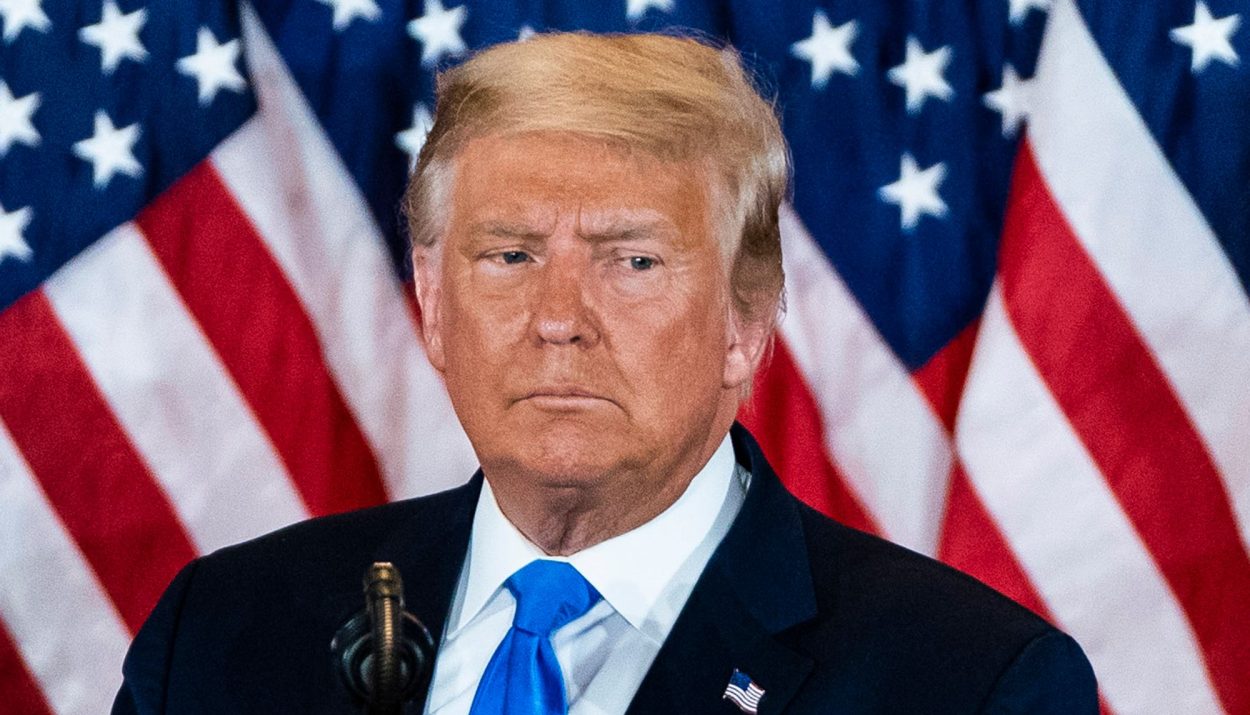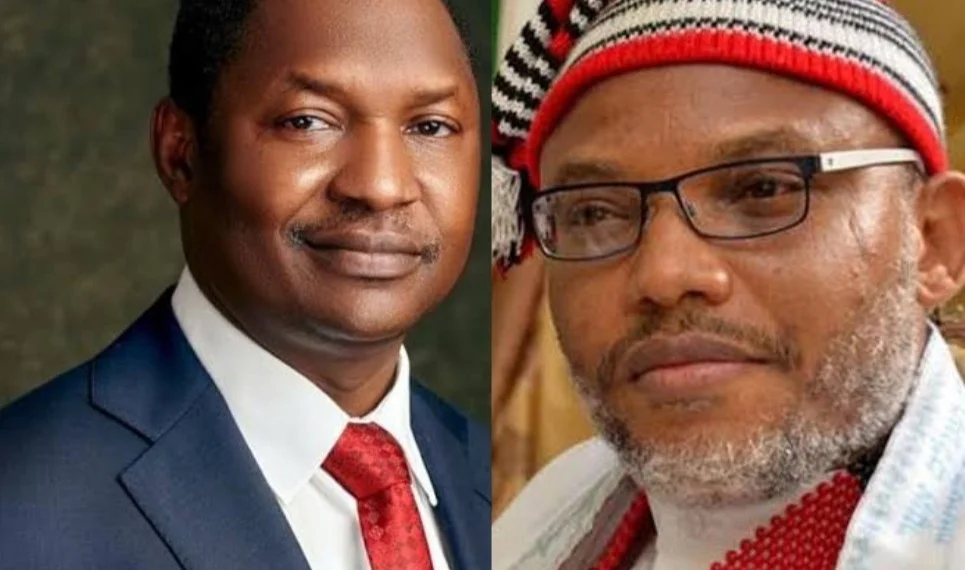Donald Trump, the President-elect, has reignited his controversial stance on US birthright citizenship, declaring his intention to eliminate the policy upon taking office next month. Birthright citizenship, enshrined in the 14th Amendment, currently guarantees citizenship to anyone born on US soil.
During his first broadcast interview since his November election victory, Trump told NBC he would push to end the provision, a move that would require significant legal or constitutional amendments. “We’re going to have to get it changed. We’ll maybe have to go back to the people, but we have to end it,” he affirmed.
Trump also reaffirmed his hardline immigration agenda, reiterating plans to deport undocumented immigrants, including those with family members who are US citizens. Despite this, he offered a rare olive branch to Democrats, signaling readiness to work on protecting “Dreamers,” undocumented immigrants brought to the US as children.
The former president didn’t shy away from controversy, vowing swift action to pardon individuals convicted in connection with the January 6, 2021, Capitol riot. Calling their prison conditions “filthy” and “disgusting,” he promised immediate relief upon assuming office. “These people are living in hell. I’ll be acting very quickly, first day,” he declared.
This announcement marks a contentious start to Trump’s second presidential term, reviving polarizing debates on immigration and law enforcement. Legal scholars have already expressed skepticism about his ability to dismantle birthright citizenship without an amendment to the US Constitution, while critics warn of the broader implications of pardoning riot participants.
Trump’s comments reflect his commitment to policies that appeal to his base while setting the stage for high-stakes legal and political battles in 2025.





